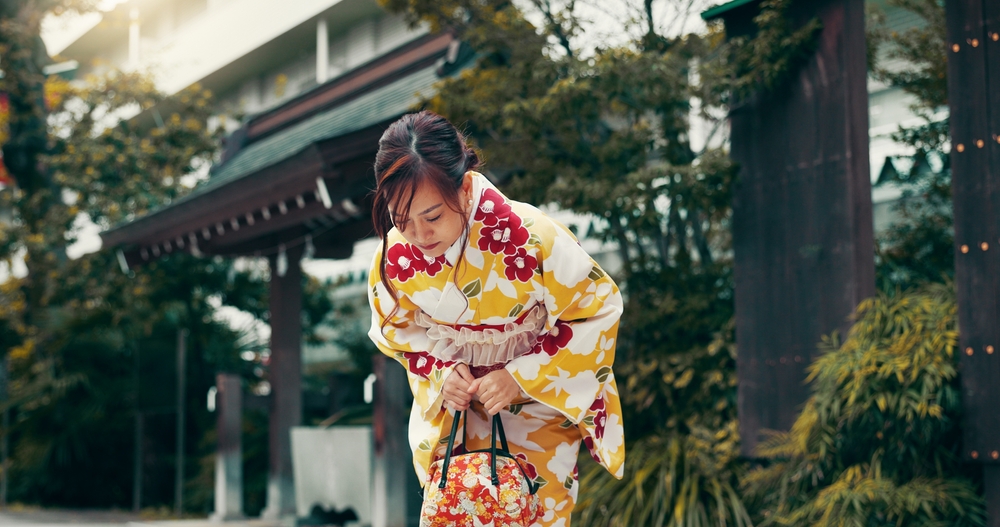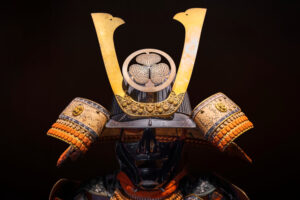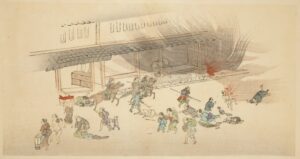“Arigatou” and “thank you”—why do they feel so different, even when they mean the same thing?
Language is not just a tool. It’s a window into how we see life, people, and the meaning of existence itself.

Gratitude Is Universal—But Not Always the Same
Gratitude exists in every language.
In English, we say “thank you.” In French, “merci.” In German, “danke.”
But the emotional weight and spiritual backdrop of these words can vary greatly from culture to culture.
In particular, Japanese “arigatou” and English “thank you” may appear equivalent—but they come from vastly different ways of seeing the world.
The Origin of “Arigatou” — A Rare and Precious Blessing
The Japanese word arigatou comes from the classical word “arigatashi” (有り難し), which literally means “rare to exist”.
So when someone helps you, the feeling behind “arigatou” is not just “thanks for that”—it’s more like:
“Such kindness is rare in this world. I feel deeply moved and grateful.”
In other words, arigatou is rooted in awe and humility, as if receiving something you didn’t earn, but were blessed with.
It is a word that honors the preciousness and rarity of kindness.
The Origin of “Thank You” — To Think of the Other
On the other hand, “thank you” comes from the Old English thancian, which shares roots with the word think.
The original meaning was closer to:
“I’ll remember what you did.”
“I acknowledge your kindness.”
It expresses gratitude by recognizing the action and consciously responding.
That is, “thank you” is more of a rational acknowledgment—a gesture of thought and reciprocation.
While sincere, it stems from a different emotional base—one that is often more cognitive than spiritual.
Two Words, Two Worldviews
Arigatou = Humble reverence for a rare kindness
Thank you = Thoughtful recognition of a kind action
This is not about which is “better.”
It’s about how each culture has shaped its view of human relationships and moral consciousness.
Japanese culture often sees life as a gift—something we are allowed to receive, not entitled to.
Western culture, shaped by contracts and reciprocity, tends to frame relationships as balanced exchanges.
Bushido and the Spirit of “Arigatou”
Bushido, the samurai code of honor, is deeply connected to this Japanese spirit of arigatou.
To lay down one’s life for a higher cause,
To protect others not for reward,
To accept one’s duty not as a right, but as a blessing—
These all reflect a mindset rooted in gratitude for what cannot be earned.
It is the recognition that life itself is a rare gift, and that every moment we live in honor is a form of saying “thank you” to that gift.
In Closing — Language as a Mirror of the Soul
Within the five simple syllables of a-ri-ga-to-u lies an entire philosophy of life.
A culture shaped by humility, impermanence, and spiritual awareness.
When we look closely at the words we use every day, we begin to see the deep rivers of meaning that flow beneath them.
This blog is a journey through those rivers—
to rediscover not just what we say,
but who we are when we say it.
(To be continued…)


